Resource Recycling2019.03.31
Plastic Bottles and Recycling in Fashion
Episode 5
The ever increasing consumption of plastic bottles
Plastic bottles are convenient containers that make it easy to carry drinks―including water that is essential to survival―and quench thirst anywhere. They are also strong, and cheap to make. This is why they can be seen all over the world.
The use of plastic bottles began in the 1970s, but do you know how many are consumed now each year around the world?
In 2016, it was reported that more than 480 billion plastic bottles were sold worldwide, equivalent to 1 million bottles per minute. By 2021 this will increase over 20% to 583.3 billion bottles, according to estimates from Euromonitor International’s packaging trends report.
In emerging countries, rapid economic development creates problems such as groundwater pollution, and there are concerns that this will lead to a further increase in plastic bottle use by people seeking safe water.
Plastic bottles are convenient in our daily lives, but their large-volume consumption is causing many serious problems around the world. This is a recycling and waste problem. Next, let's think about this situation.
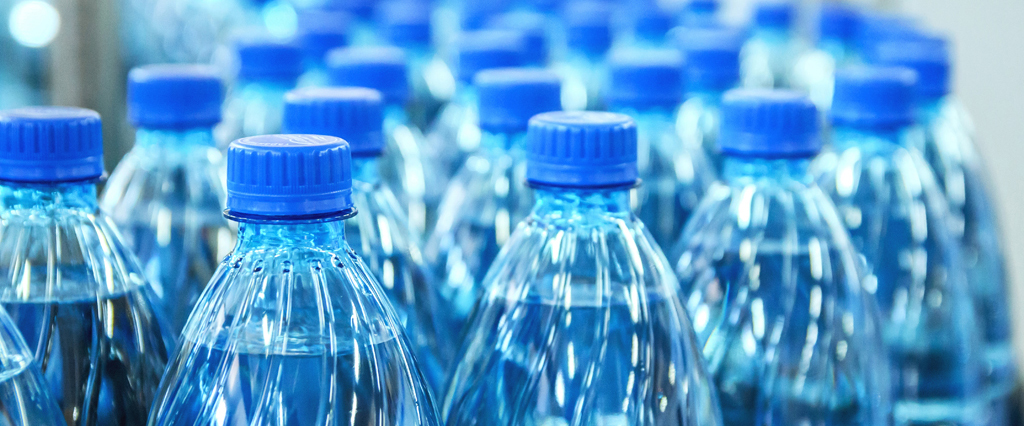
Bottle-to-bottle recycling stands at approximately 6%
First, let us assume an overall recycling rate of plastic bottles of 30%. Recycled plastic bottles are transformed into materials for a variety of products, but only 1/5 of the recycled bottles (about 6-7% of the total) are used for new plastic bottles (bottle-to-bottle recycling).
In bottle-to-bottle recycling, there is both chemical and material recycling. Of these, chemical recycling produces recycled pellets of higher purity, but requires chemical processing and a large amount of electricity. Material recycling produces pellets via physical processes that use advanced cleaning technology. Material recycling produces less polluting waste and consumes less energy than chemical recycling, so this method has a reduced environmental impact.
What is the recycled material used for, other than plastic bottles? About half of the recycled material is turned into fiber for making fleece clothing, carpets, and so on. It requires 25 plastic bottles (500 ml) to make one fleece outer garment. The recycled material is also used as construction material for water piping and similar.
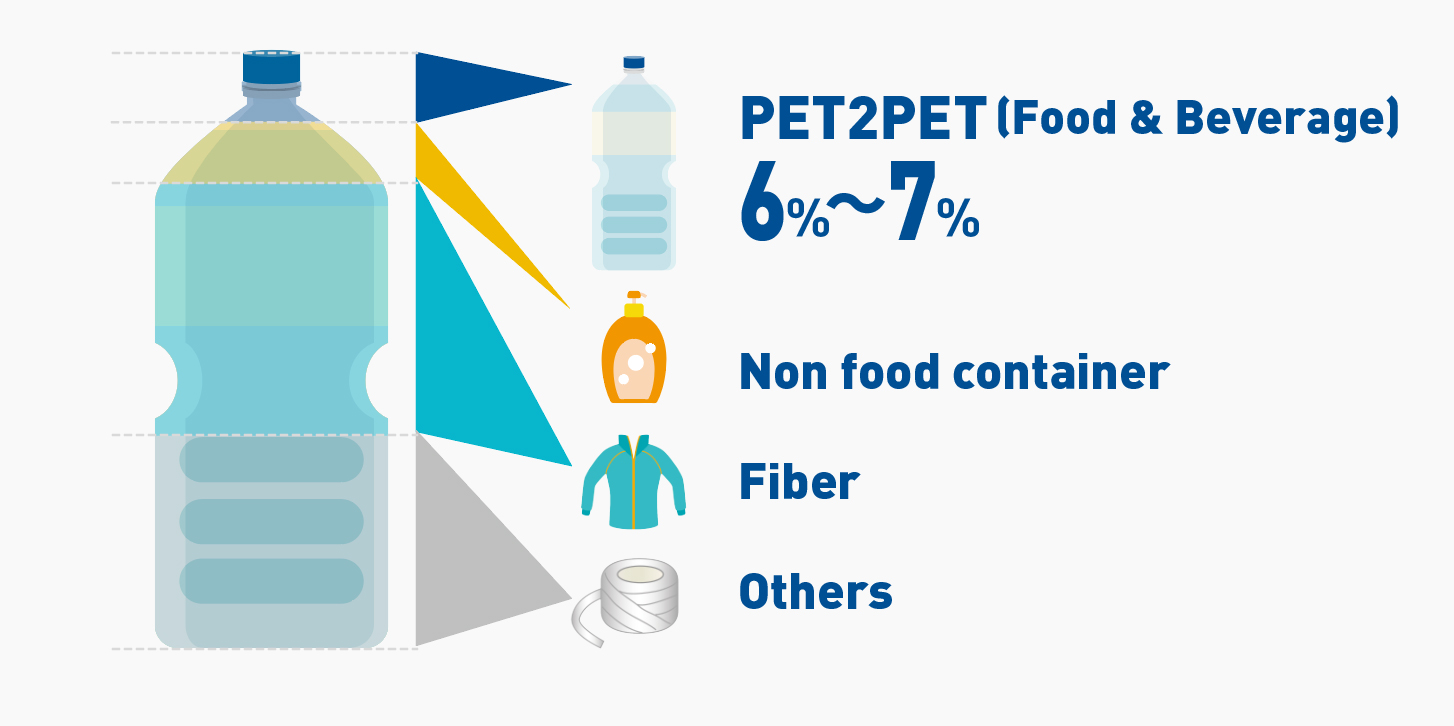
What about the non-recycled plastic bottles? Where do they go? Unrecycled bottles are burned in garbage incinerators or buried in landfill sites, or else are washed out into the ocean.
Why are plastic bottles in the ocean a problem? Plastic bottles washed into the ocean are broken down by ultraviolet light and the action of waves into microplastic particles of 5 mm or less. Such small particles are very difficult to recover, and they enter the food chain and build up in the bodies of fish and seabirds. The plastic is also known to attach to other pollutants and negatively impact human health.
What are the features of recycled zippers proposed by YKK?
In order to play its own role in plastic recycling, YKK has developed the NATULON® zipper, a core product that reuses plastic bottles and polyester fibers. Currently, it is being increasingly adopted by many fashion brands seeking to help establish a recycling society.
NATULON® zippers are made with either chemically recycled or materially recycled materials, with both types clearly labeled.
The chemically recycled versions reuse a high-purity polyester material that is made from chemically reduced polyester recovered from both plastic bottles and woven products. They are Ecomark and bluesign® certified.
The technology behind the material recycling zipper products involves melting shredded and cleaned plastic bottles to create a recycled material. These are also bluesign certified.
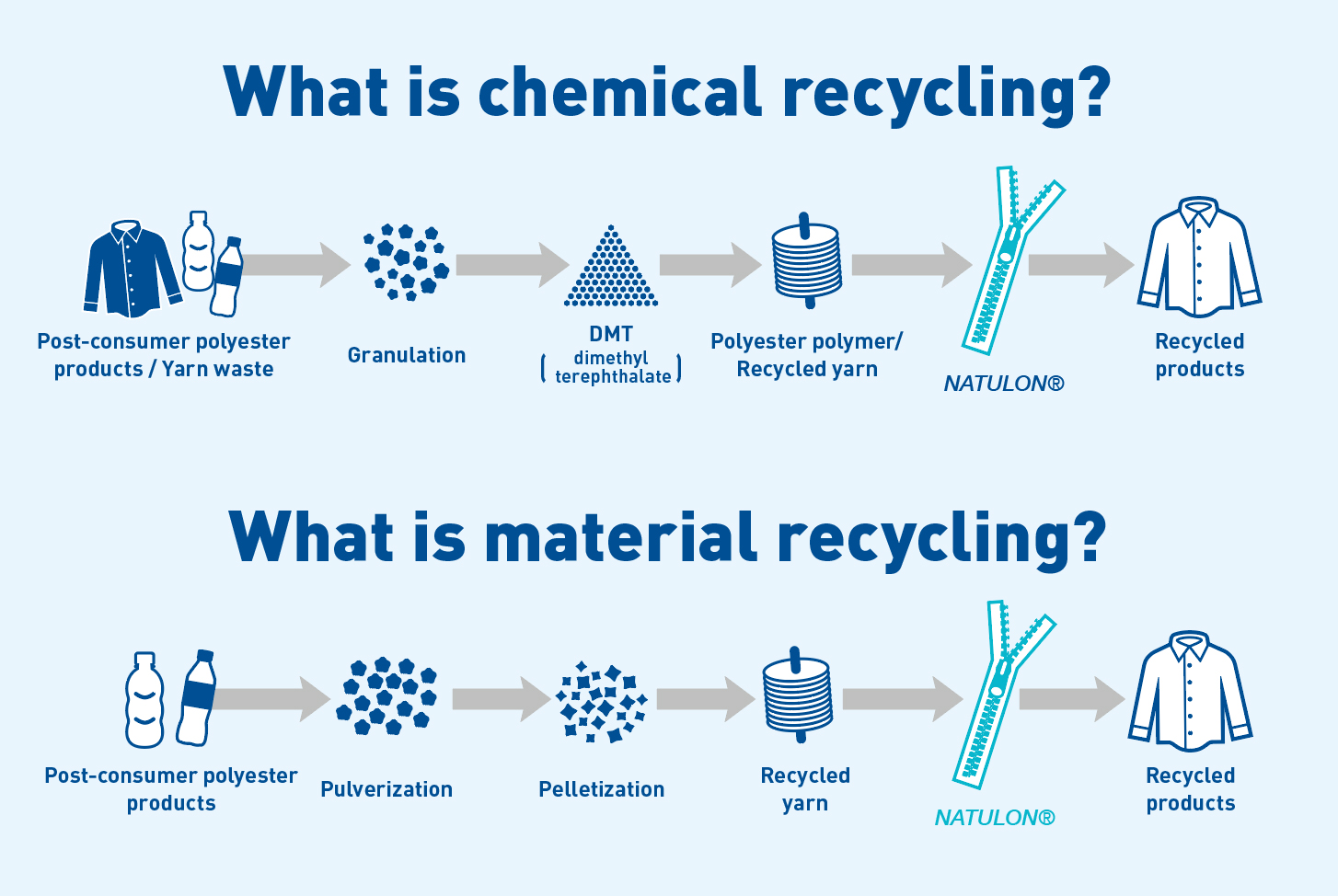
Using NATULON® zippers can reduce the environmental impact of plastic bottles. For example, 10,000 zippers of 60 cm length recycle 3,609 plastic bottles (29 g/bottle).
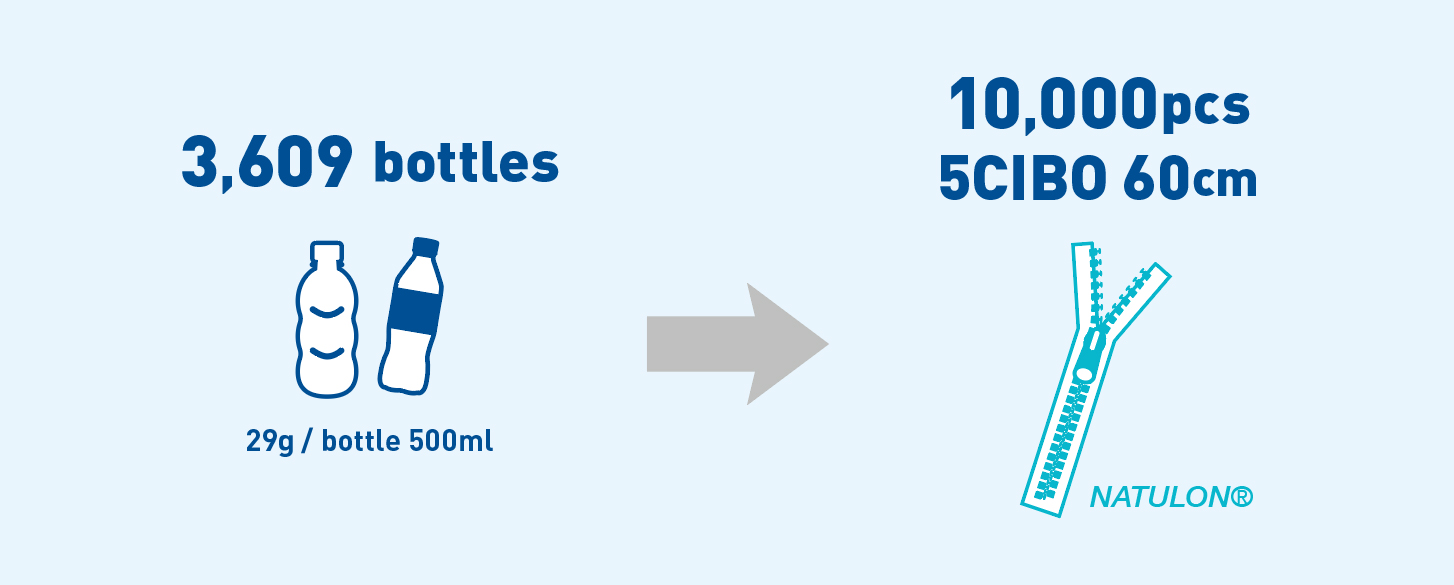
As a member of the fashion industry, YKK considers efforts to reduce waste one of its corporate responsibilities toward society and plans to continue actively promoting such efforts.
Our company will continue to strive to minimize the environmental impact of our zippers while ensuring they remain durable and attractive. Our goal is to reduce garbage by actively engaging in reuse and recycling and thus establish a more sustainable supply chain.
Related Links
Related Episodes
-
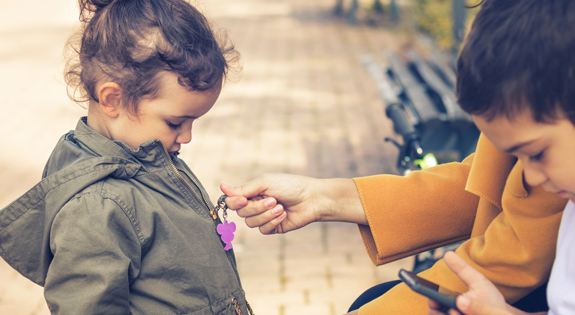
- SUSTAINABILITY2018.09.01
- YKK produces 3 million kilometers worth of zippers every year – enough to circle the globe over 80 times.
Zippers have become essential to daily life
Today, zippers are used in a vast array of products, ...
-
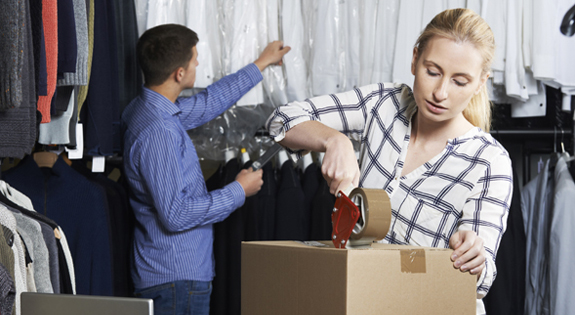
- Emission Reduction2018.10.19
- It is often the small, ingenious efforts that change the world
One characteristic of the fashion industry is its complex supply chain ...
-
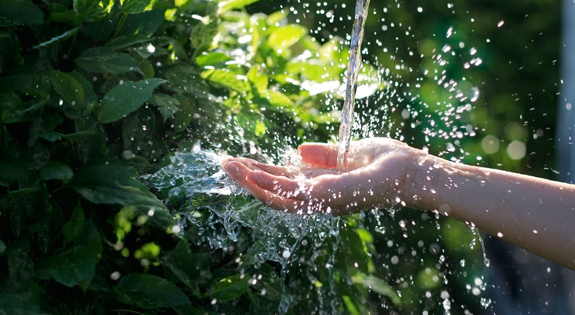
- Resource Conservation2018.12.27
- What is the fashion industry doing to reduce water consumption?
There has been extensive media coverage on the effect the fashion industry has on ....
-
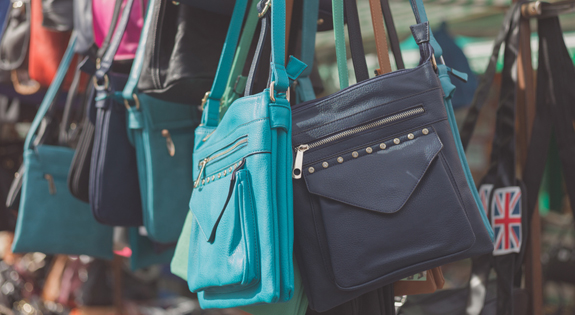
- Brand Protection2019.1.31
- YKK promoted brand protection and partnership through B.P.P. initiative
According to an OECD report, US$500 billion-worth of ....
-
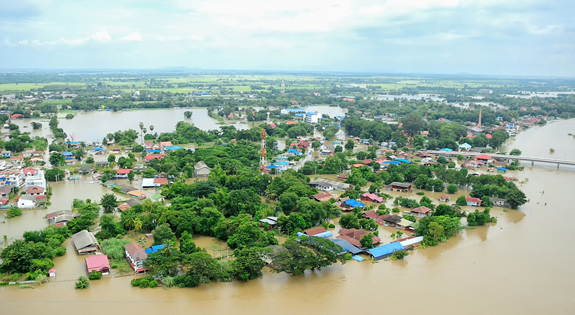
- Emission Reduction2019.5.20
- Carbon-neutral initiatives by YKK and the global fashion industry
In 2018, it seemed that we were feeling the effects ....
-
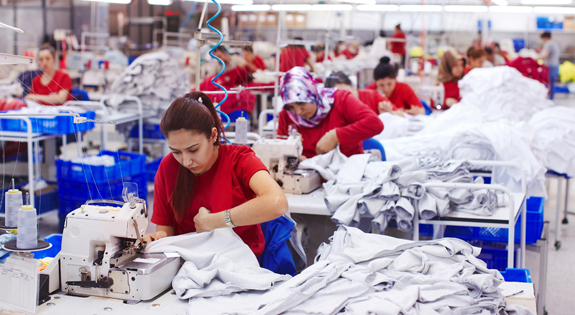
- Decent Work2019.7.31
- Gender Issues in the Fashion Industry: How YKK is Promoting Women's Empowerment
Issues Facing Women in the Fashion Industry ....
-
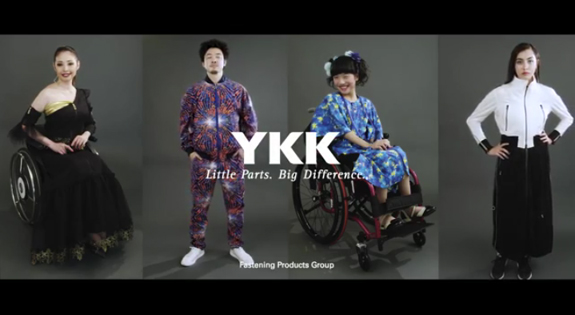
- Reduced inequality2019.11.29
- YKK's Fair Fashion and Partnership Initiative
Toward a Society that Protects the Rights and Dignity of All People ....
-

- Vocational Education2020.2.28
- YKK Initiatives for Students Seeking a Career in the Fashion Industry
Insufficient skills and talent to respond to changing times ....
-
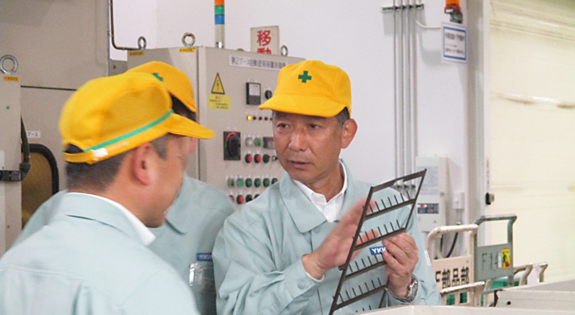
- Working Environment2020.3.13
- YKK Builds Safe and Healthy Working Environments
From achieving employee happiness to achieving a sustainable society ....
-
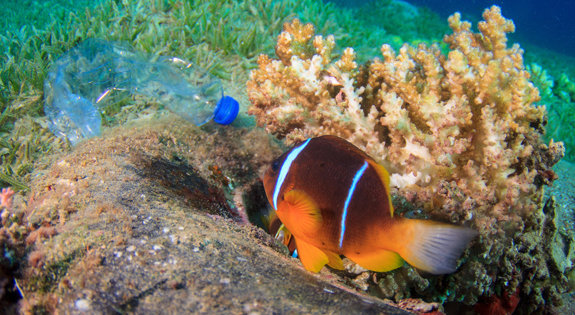
- Resource Recycling2020.4.10
- The Fashion Industry Responds to the Ocean Plastic Pollution Crisis
Ocean plastic causes environmental pollution, damages ecosystems ....
-
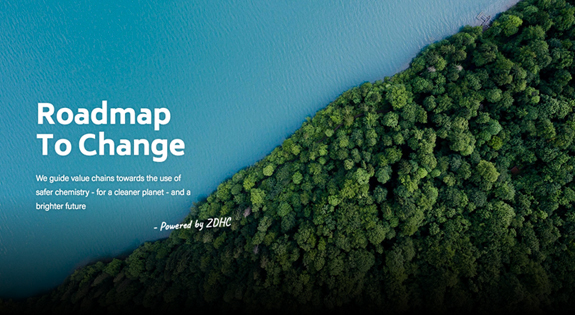
- Hazardous Substance Management2020.6.25
- The Problem of Hazardous Substances in the Fashion Industry and YKK Initiatives
Environmental pollution due to chemical substances ....
-
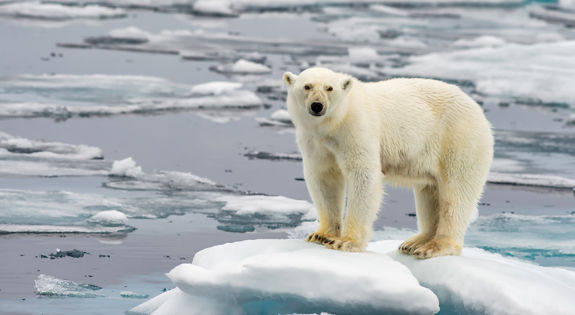
- Emission Reduction2020.10.8
- Fashion industry and YKK initiatives to reduce greenhouse gases
Increasing greenhouse gases and their impact on the world ....
-

- Reduced Inequalities2021.3.26
- Diversity, Equity, and Inclusion
Growing Focus on Diversity, Equity, and Inclusion Around the World ....

Reference Articles:
http://www.lohasclub.jp/lohas_report/ykk/page_4.php
https://www.theguardian.com/environment/2017/jun/28/a-million-a-minute-worlds-plastic-bottle-binge-as-dangerous-as-climate-change